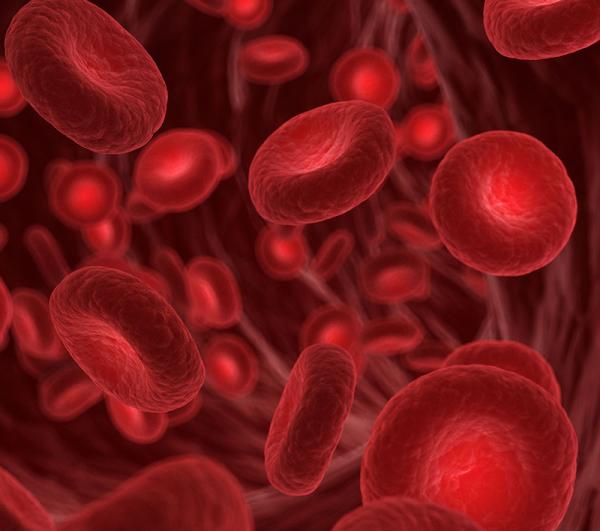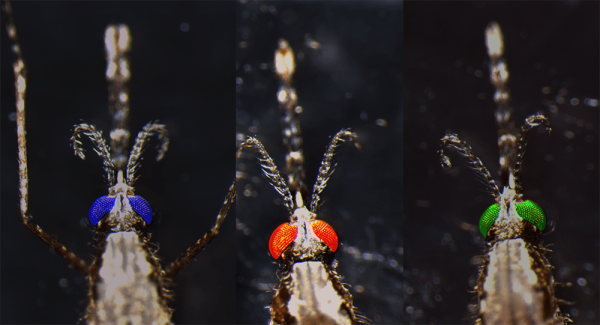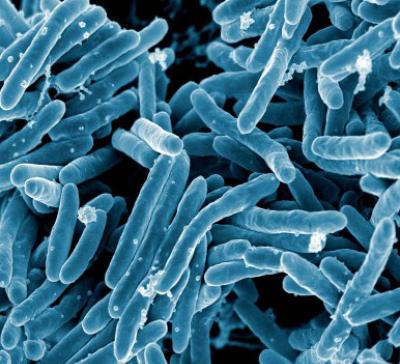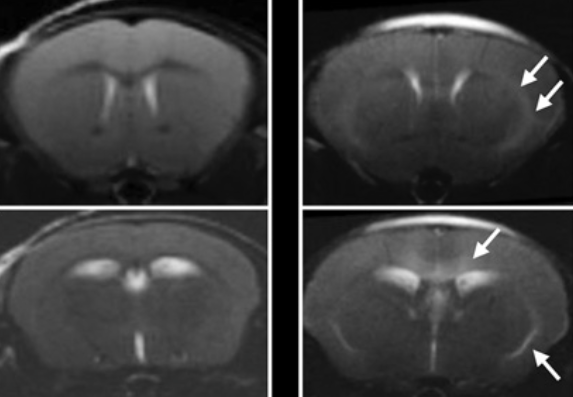Starving Malaria in Red Blood Cells
Understanding How Parasite Feeds May Lead to New Treatments
World Malaria Day, commemorated annually on April 25, highlights the need to end an infectious disease that sickens nearly 250 million people around the world each year, killing more than 600,000 in regions where it is common. Children are particularly susceptible to its deadly effects.
Unfortunately, there is still no highly effective vaccine against malaria, so management is mostly limited to preventive measures like bed nets and medications that treat the infection, which must be taken over an extended period to effectively treat the disease and stop it from spreading. However, the speed with which the malaria parasite, Plasmodium falciparum, adapts to antimalarial drugs has created a critical need for novel treatments — a need that IRP researchers led by Joshua Zimmerberg, M.D., Ph.D., are taking a unique approach to filling.







